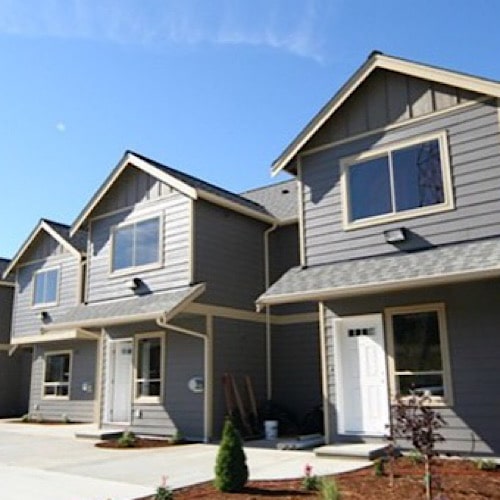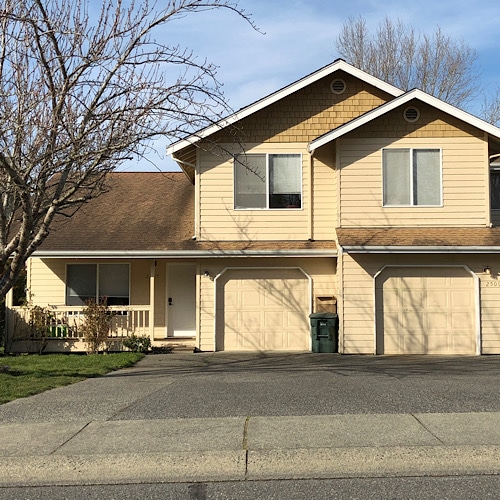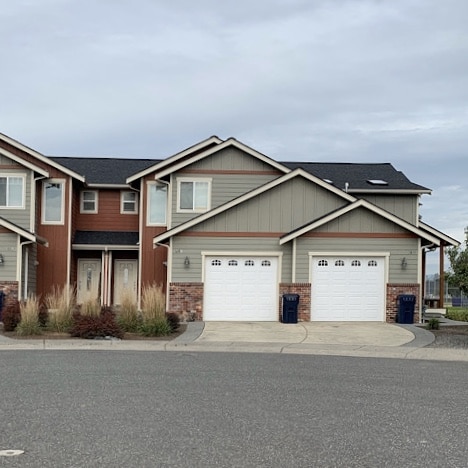 It seems like this time every year, I get a call from a panicked parent who asks if they made the right choice in housing for their college-aged child. As students pack up and head for school, parents often wonder, “Should I buy a home for my college student?”
It seems like this time every year, I get a call from a panicked parent who asks if they made the right choice in housing for their college-aged child. As students pack up and head for school, parents often wonder, “Should I buy a home for my college student?”
My answer is always, “Maybe.”
Not surprisingly, the answer to this question will depend on factors such as the school’s policy on off-campus living, your finances, the level of responsibility your child can handle, the likelihood of your child finishing their education at that school (and whether they will pursue additional education there) and whether you are considering this purchase for the long- or short-term. Let’s look at each of these in a bit more detail.
Off-campus living.
Many schools require students to live on-campus for the first year (or even two!) that they are enrolled. More and more students are taking five years to finish school rather than four, but even so if you want to sell the property as soon as the student finishes their undergraduate work, this restriction will cut into the time you have to recoup your equity in the property. 
Is your young adult responsible?
Will he or she (and their friends!) take good care of your investment? Even the most conscientious student/tenant doesn’t have time keeping up their living spaces. You can, of course, hire someone to handle this for you just as any landlord would – just remember will cut into any profits this investment may generate.
Length of time at school.
What happens if your child decides their school isn’t really a fit for them … and heads off to a different school? This is problematic for you as an investor at any time, but particularly so if the change occurs during the first year or two. Once again, you are in the position of being unlikely to recoup your investment.
Your financial situation.
In past years when the real estate market was brisk, parents often did purchase homes for students, which they were able to sell for a profit in four or five years.
However, you have to be prepared for your investment property to depreciate, or remain neutral. Can you and your family handle the impact if, when you want to sell, you will take a financial loss … or be required to hold on to the property until such a time that you can sell? Don’t forget that in addition to your capital investment in the property you will also face additional costs such as taxes, insurance, and repairs.

If you are willing to consider this purchase as a potential long-term investment, and you can live with the consequences of that, purchasing a home for your college-aged child may make sense. It can be a particularly good idea if you have other children who are likely to attend the same college or if your child will be pursuing advanced degrees from the same school. Purchasing a home for your child can also create peace of mind, as you know they will be living in a home that is safe and well-maintained. There’s a lot to be said for that peace of mind, which may outweigh any potential negative consequences.
If you’re interested in purchasing a home for your college-aged child, please let me know … even if their school is not local. I have access to a wide network of talented colleagues, and I would be happy to refer someone to you if appropriate.

Hi! We’re Josh and Jolene Baijot, the creators of this website. We’re also commercial real estate brokers in Bellingham, Washington. Thank you for taking the time to read this blog post. We appreciate your time spent on this site. You can connect with us on Facebook, Instagram, or contact us through this website.
Keep Reading The Blog
How to Buy Commercial Real Estate
It’s easy to hop online and start looking at properties you may want to purchase.
However, before you start investing in commercial real estate property, begin
investing in your commercial real estate knowledge.
https://www.joshandjolene.com/why-you-need-a-local-expert/

